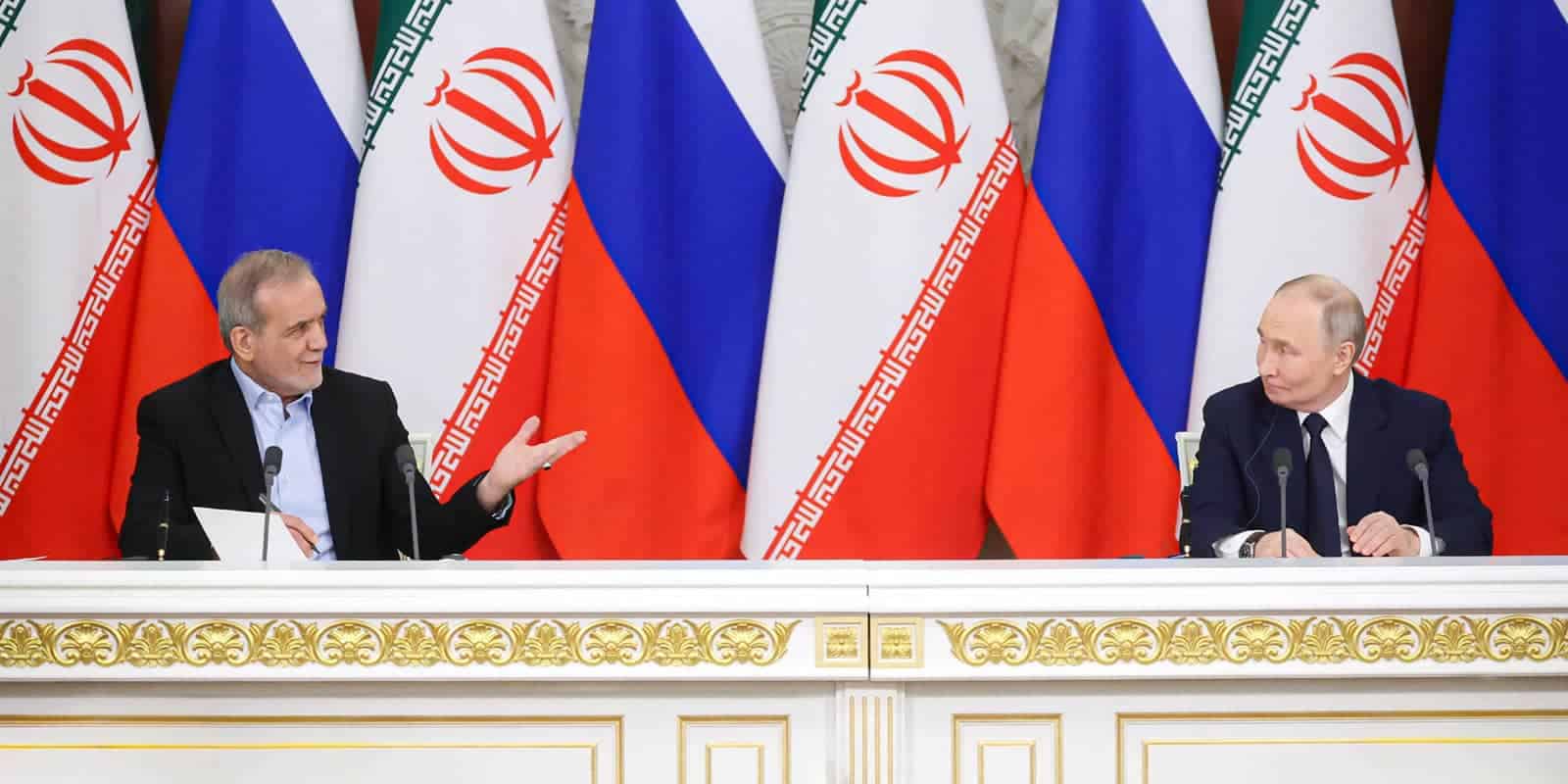
By Louisa Loveluck and Loveday Morris
BEIRUT — Missile strikes at two Iran-linked bases in Syria triggered huge explosions overnight and killed dozens of pro-government fighters, a monitoring group said Monday, in an attack seen as the latest blow struck by Israel in a shadow war to contain Iranian influence in the war-ravaged country.
Syrian state media reported major blasts through parts of Hama and Aleppo provinces at around 10:30 p.m. Sunday. It did not identify the targets, but other pro-government media outlets said they were weapons depots for both the Syrian regime and Iranian forces.
While state-owned daily Tishreen said the missiles were launched from U.S. and British military bases, analysts said the most likely source was Israel, which has acknowledged it has carried out more than 100 military strikes in Syria during the civil war.
The Syrian Observatory for Human Rights, a Britain-based monitoring group, said Israel carried out the attacks but gave no further details on its information. It said at least one of the attacks hit an arms depot for surface-to-surface missiles at a base in northern Syria known as Brigade 47.
The Lebanese newspaper al-Akhbar, which supports the Syrian regime, reported that the bases were used for weapons storage by both the Syrian government and Iran’s Revolutionary Guard Corps and that so-called “bunker-buster” bombs were used.
Soldiers loyal to Syrian President Bashar al-Assad’s forces are deployed in the Qadam area near the Yarmouk Palestinian camp in Damascus, on April 29, 2018. (Omar Sanadiki/Reuters)
Israel has watched anxiously as Iran first shored up Syrian President Bashar al-Assad’s rule with weapons and money, then committed troops of its own and built military infrastructure across the country. Israel has been pushing for the United States to maintain a military presence in order to counterbalance its arch enemy.
Rhetoric has reached new heights in recent weeks, as a U.S. deadline looms for renewing a White House waiver of nuclear-related sanctions that were lifted under the 2015 Iran nuclear deal. Israel’s leadership is pushing for the deal to be scrapped or adjusted, though some in the security establishment have warned of the instability that may cause.
Iran has threatened to retaliate against Israel following the death of seven of its officers in an Israeli strike at the T-4 military base in Syria earlier this month.
Speaking in Washington on Sunday, Israeli Defense Minister Avigdor Lieberman said Israel had three problems: “Iran, Iran, Iran.”
He has threatened to hit back if Iran retaliates for the attack on T-4.
Jonathan Spyer, a fellow with the Jerusalem Institute for Strategic Studies, said it appeared to be “common sense” that Israel was responsible for Sunday night’s strikes.
The Syrian Observatory said at least 26 people were killed, four of them Syrians. Officials from the regional alliance that includes Iran, Syria and the Hezbollah paramilitary group said the toll was lower and that Iranians were among the dead.
In Iran, there were conflicting reports on the casualties and on whether Iranian assets were struck. Tehran has sent thousands of fighters to bolster Assad, including proxy forces from Iraq and Afghanistan.
Spyer said that with Israel determined to prevent the “consolidation and entrenchment” of Iranian influence in Syria, “the chances of confrontation between Israel and Iran are quite significant.”
Speaking to reporters in Jerusalem, Michael Oren, a deputy minister in the prime minister’s office and a former ambassador to the United States, declined to directly comment on the strikes but said Israel is committed to enforcing its “red lines.”
“If that leads to an escalation, it is on the heads of Syria,” he said.
Israeli media outlets reported Monday that an emergency meeting of the country’s security cabinet has been called. Ministers were told the discussion will focus on the Iran nuclear deal, the Haaretz newspaper reported.
The Washington Post, 30.04.2018















The IDF’s Learning Curve Following October 7 and Its Global Implications